Cultural Identity Vs. Queer Love: Analyzing The Wedding Banquet
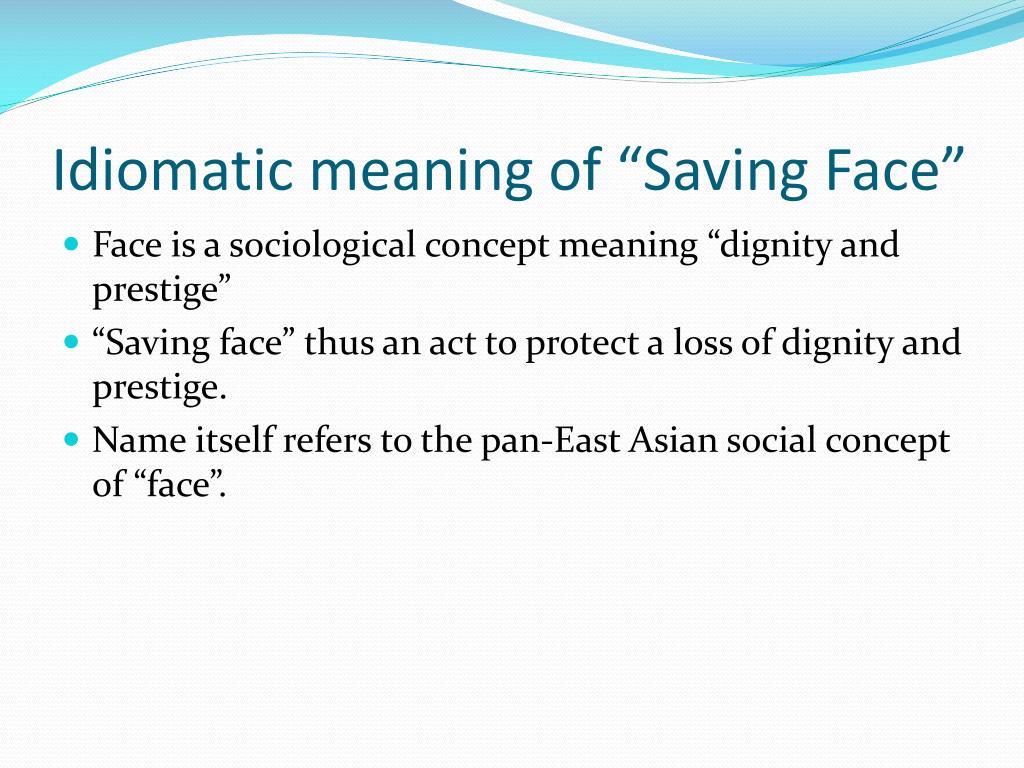
Table of Contents
The Weight of Cultural Expectations and Family Honor
In traditional Chinese culture, family and filial piety hold immense significance. Maintaining family honor and upholding societal expectations is paramount. Wai-Tung, the protagonist of The Wedding Banquet, finds himself trapped in this web of tradition. His parents, immigrants to New York, desperately want him to marry a suitable woman, solidifying their status within their community and ensuring the continuation of their lineage. This pressure to conform directly impacts Wai-Tung's ability to openly express his homosexuality. The film subtly yet powerfully portrays the suffocating nature of these expectations:
- The pressure to maintain the family's reputation: Wai-Tung's parents believe a successful marriage will bring them honor and respect within their immigrant community. Their desire for a grandchild further fuels this pressure.
- The shame associated with homosexuality within the family structure: Homosexuality is a taboo subject, fraught with potential shame and disappointment for the family. Openly acknowledging his sexuality would be a profound betrayal of these deeply held values.
- The importance of marriage for social acceptance: Marriage is not merely a union of two individuals but a crucial social contract in this context, one that Wai-Tung feels compelled to fulfill to appease his parents and maintain a sense of normalcy.
Wai-Tung's Internal Conflict: Identity and Deception
Wai-Tung's internal struggle forms the emotional core of The Wedding Banquet. He is torn between his desire for his parents' love and acceptance, and his true identity as a gay man. This internal conflict leads him to engage in deception, a coping mechanism born out of necessity and fear. The emotional toll of living a double life is palpable:
- The emotional cost of maintaining the facade: The constant performance required to hide his true self takes a heavy emotional toll, leading to moments of frustration, anxiety, and even self-loathing.
- His internalized homophobia and its impact: The film subtly showcases how Wai-Tung internalizes the societal stigma surrounding homosexuality, further complicating his struggle for self-acceptance.
- His conflicted feelings towards his parents and his lover: Wai-Tung's love for Simon is complicated by his feelings of guilt and obligation towards his parents, creating a complex web of emotional tension.
The Role of Wai-Tung's Relationship with Simon
The relationship between Wai-Tung and Simon is crucial to understanding the film's central conflict. Their relationship is genuine and loving, but it also serves as a catalyst, exposing the hypocrisy inherent in the cultural expectations placed upon Wai-Tung. Simon, while initially unaware of the full extent of Wai-Tung's deception, eventually comes to understand the complexities of Chinese culture and attempts to navigate this unfamiliar landscape:
- The strength and vulnerability of their relationship: Their love provides a counterpoint to the stifling pressures of tradition, highlighting the resilience of human connection despite societal obstacles.
- How their relationship exposes the hypocrisy of cultural expectations: The film uses Simon's presence to highlight the absurdity of expectations that prioritize outward appearances over inner truths.
- The impact of their relationship on the family dynamic: Simon's entrance into Wai-Tung's life inevitably alters the family dynamic, creating tension and forcing a confrontation with deeply held beliefs.
The "Wedding Banquet" as a Metaphor
The wedding banquet itself acts as a powerful metaphor for the complexities of identity and the performance of cultural expectations. It represents a carefully constructed facade, concealing the truth of Wai-Tung's sexuality. The irony and humor embedded within the situation serve to highlight the absurdity of the situation:
- The wedding as a facade concealing the truth: The elaborate wedding ceremony becomes a symbol of the lies and deception necessary to maintain appearances.
- The comedic elements reflecting the absurdity of the situation: Lee's direction masterfully uses humor to expose the inherent contradictions and hypocrisy at the heart of the cultural expectations placed upon Wai-Tung.
- The ultimate subversion of expectations at the banquet: The climax of the film sees a surprising revelation that ultimately subverts the expectations set by both the family and the audience, offering a complex and nuanced conclusion to the central conflict.
Conclusion: Reconciling Cultural Identity and Queer Love in The Wedding Banquet
Ang Lee's The Wedding Banquet offers a poignant exploration of cultural identity and queer love, highlighting the internal conflict experienced by individuals navigating the tension between familial expectations and personal truth. The film masterfully uses the "wedding banquet" as a symbol of the complexities of identity, exposing the hypocrisy of prioritizing outward appearances over inner truths. Wai-Tung's journey, marked by deception and self-discovery, remains a powerful testament to the enduring struggle for self-acceptance within the context of cultural expectations. The Wedding Banquet continues to resonate today, sparking important conversations about LGBTQ+ representation in cinema and the universal themes of family, identity, and self-discovery. Watch The Wedding Banquet and share your thoughts – how does the film's portrayal of "Cultural Identity vs. Queer Love" resonate with your own experiences and perspectives? Let's continue the discussion about this important intersection.

Featured Posts
-
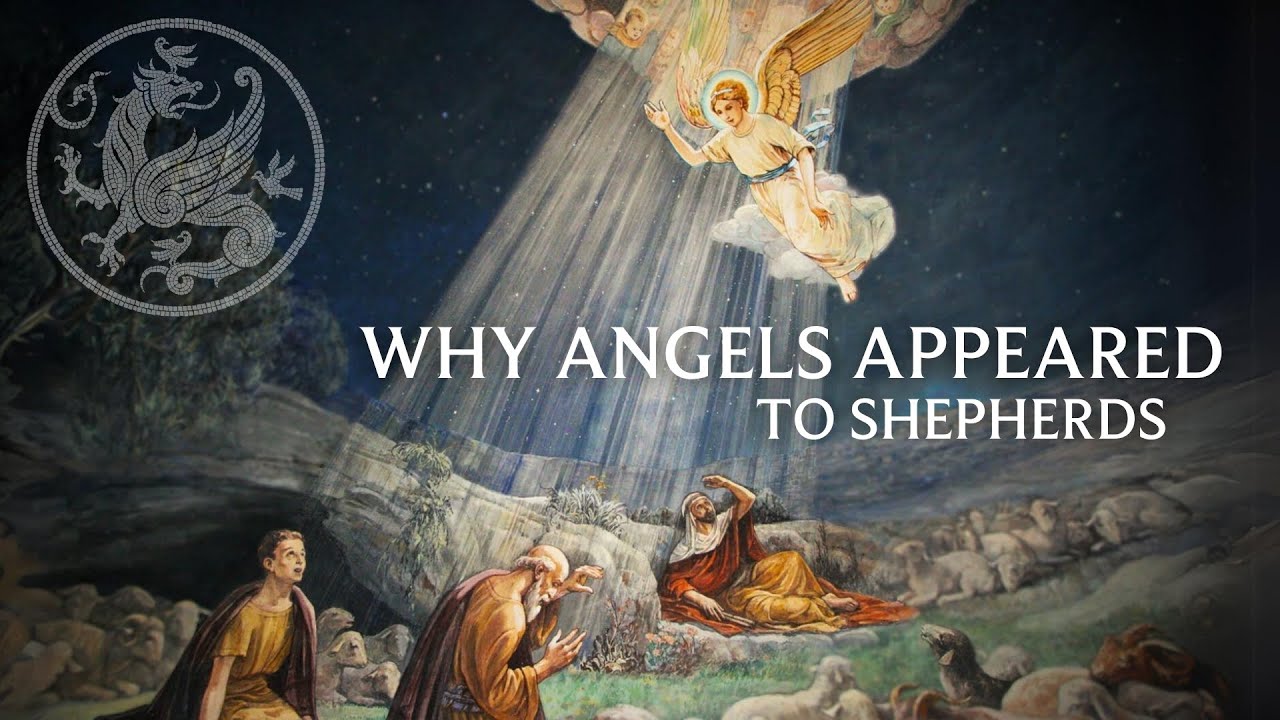 Details Emerge Angels Stars Family Health Challenges This Offseason
May 18, 2025
Details Emerge Angels Stars Family Health Challenges This Offseason
May 18, 2025 -
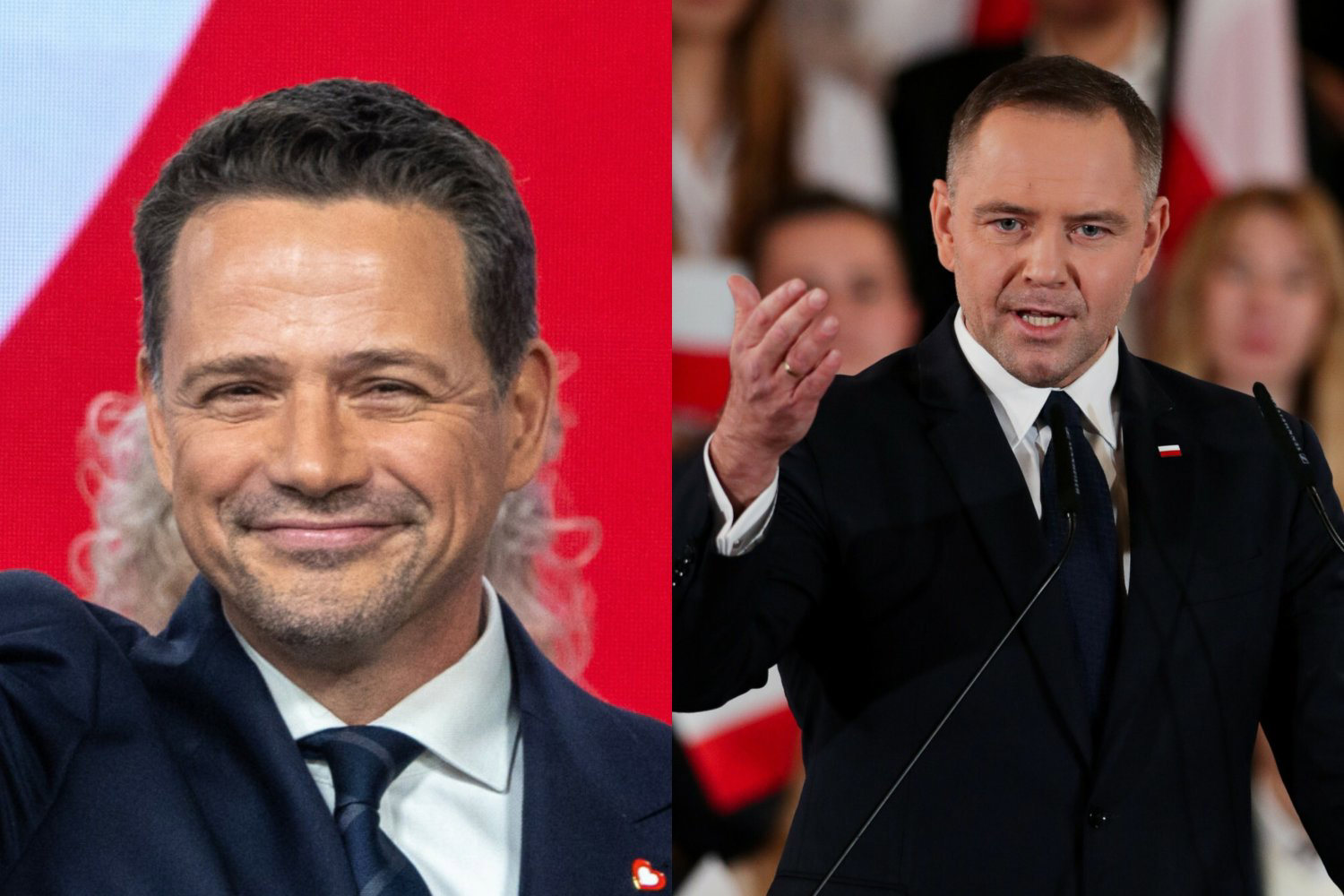 Paradoksalne Wyniki Sondazu Prezydenckiego Onetu
May 18, 2025
Paradoksalne Wyniki Sondazu Prezydenckiego Onetu
May 18, 2025 -
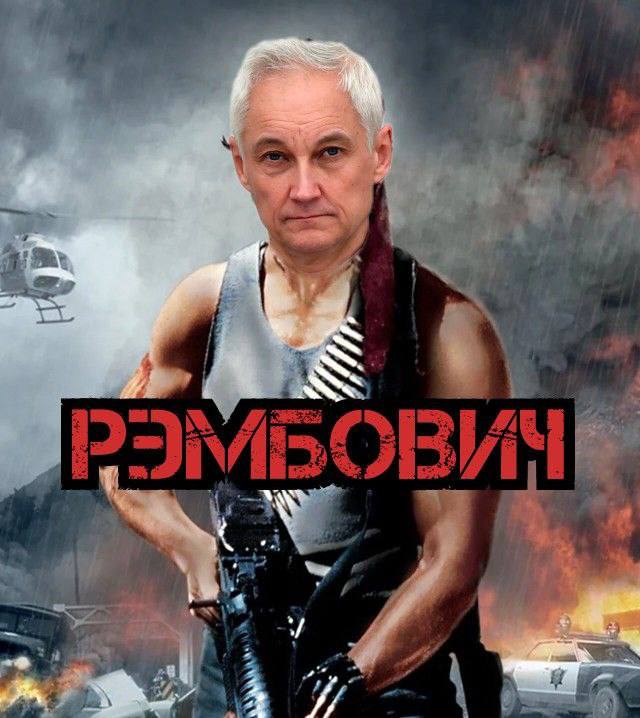 Axios Chto Oznachaet Potentsialnoe Naznachenie Millera Sovetnikom Trampa
May 18, 2025
Axios Chto Oznachaet Potentsialnoe Naznachenie Millera Sovetnikom Trampa
May 18, 2025 -
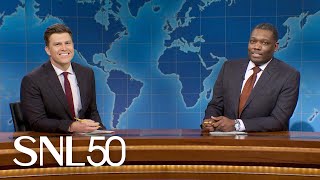 Snls Ego Nwodim A Weekend Update Gone Wrong
May 18, 2025
Snls Ego Nwodim A Weekend Update Gone Wrong
May 18, 2025 -
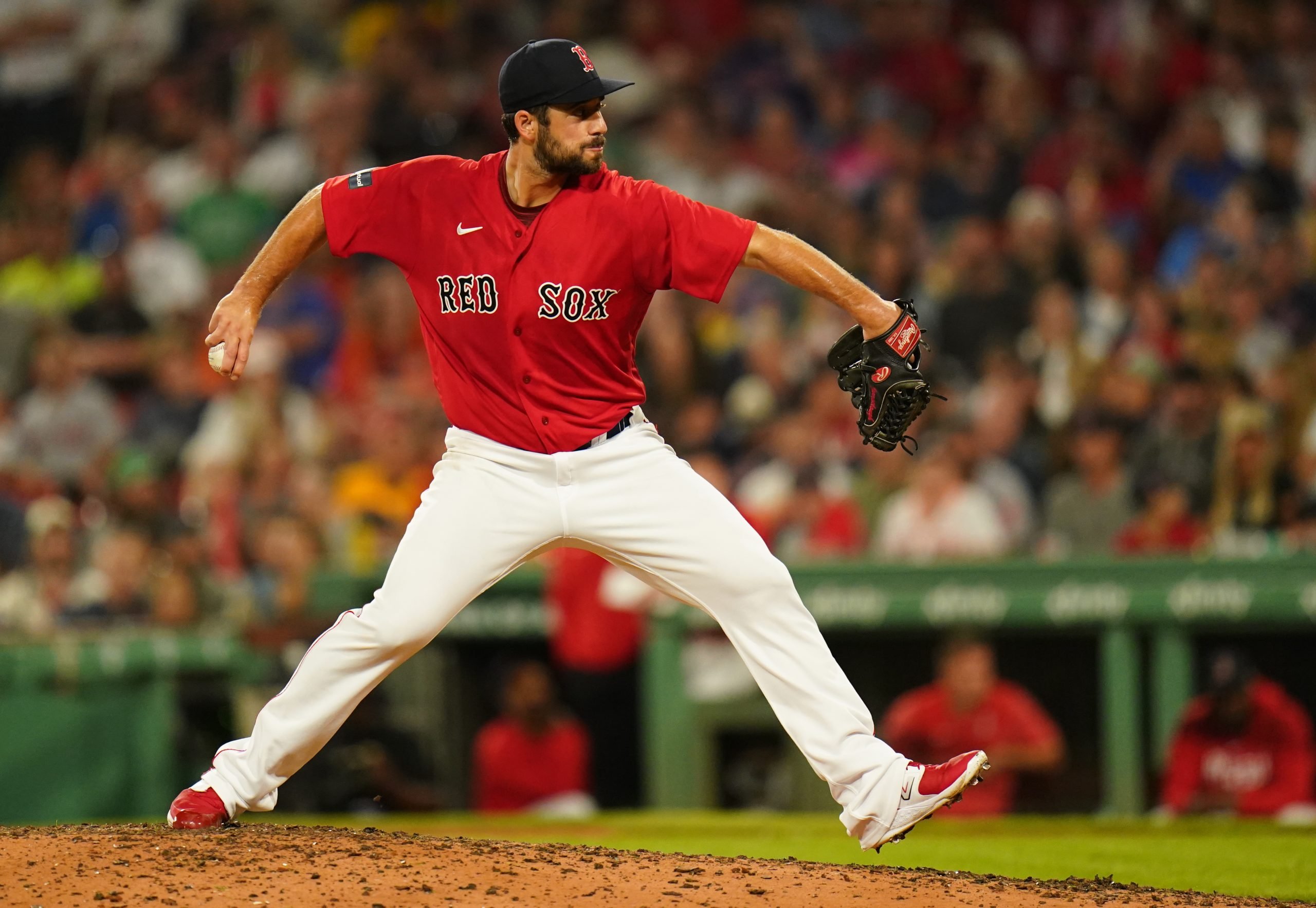 Strengthening The Red Sox Bullpen Assessing The Trade With The Cardinals
May 18, 2025
Strengthening The Red Sox Bullpen Assessing The Trade With The Cardinals
May 18, 2025
Latest Posts
-
 Recent Labor Actions At Las Vegas Casinos Perspectives From Executives And Experts
May 18, 2025
Recent Labor Actions At Las Vegas Casinos Perspectives From Executives And Experts
May 18, 2025 -
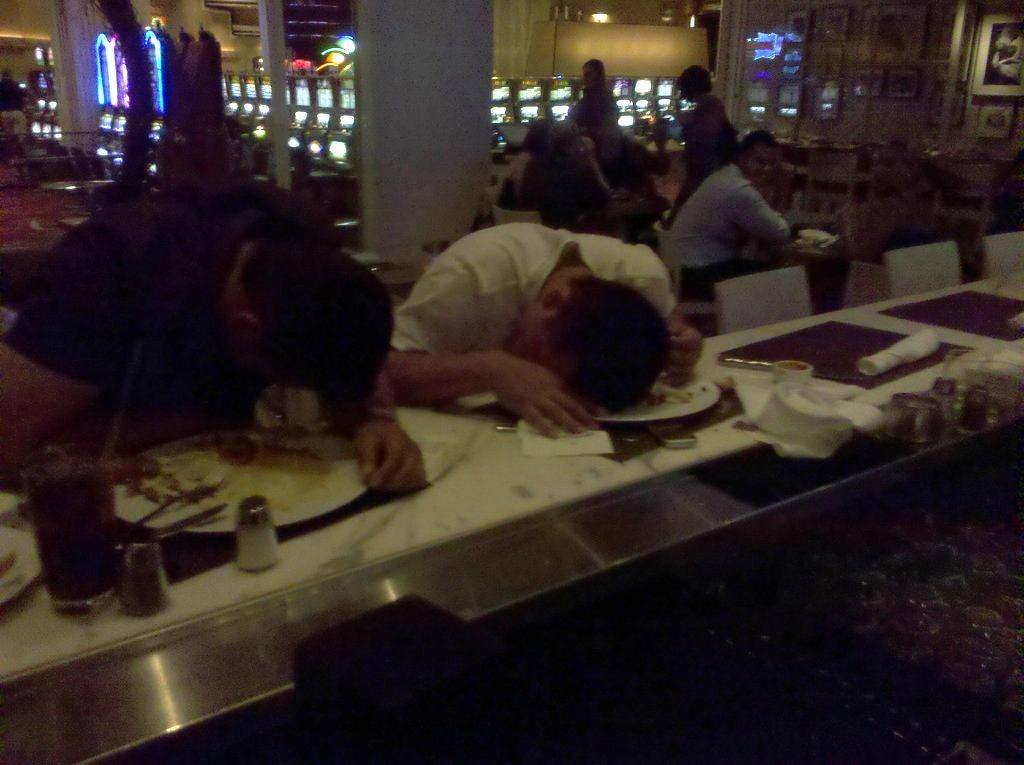 Las Vegas Casino Workers Expert Analysis Of Recent Labor Developments
May 18, 2025
Las Vegas Casino Workers Expert Analysis Of Recent Labor Developments
May 18, 2025 -
 The Future Of Hollywoods Influence On The Casino Industry
May 18, 2025
The Future Of Hollywoods Influence On The Casino Industry
May 18, 2025 -
 Casino Labor Market Shifts Expert Analysis Of Recent Events In Las Vegas
May 18, 2025
Casino Labor Market Shifts Expert Analysis Of Recent Events In Las Vegas
May 18, 2025 -
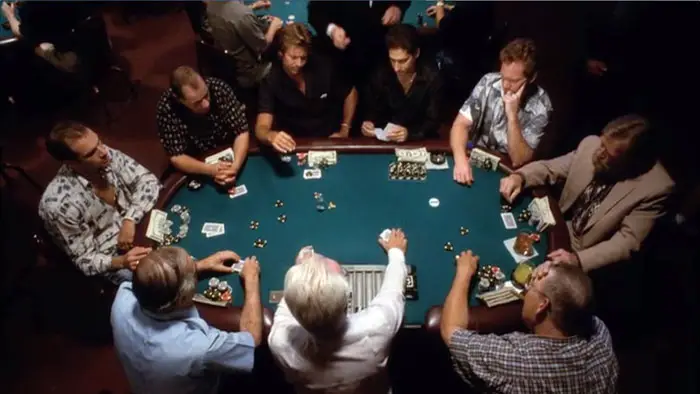 The Hollywood Effect On Casino Games And Branding
May 18, 2025
The Hollywood Effect On Casino Games And Branding
May 18, 2025
